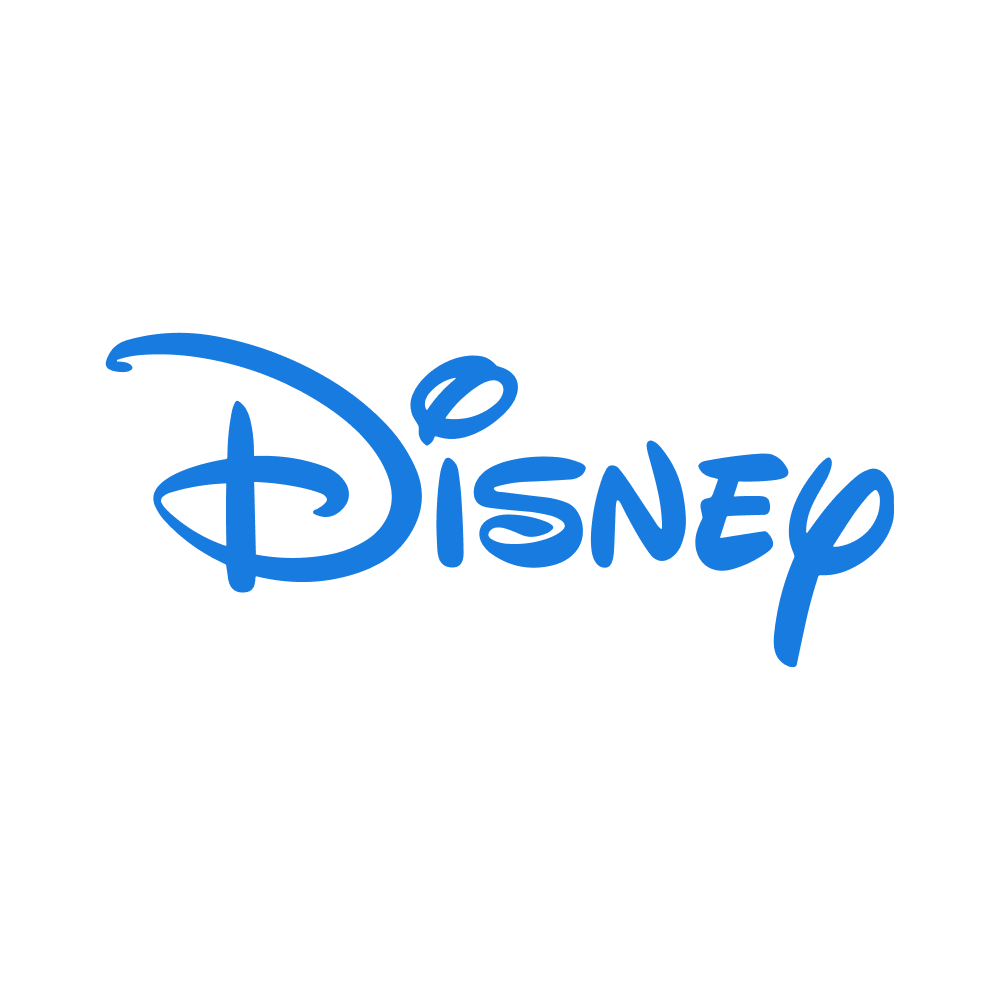Advertisement|Remove ads.
Robinhood CEO Thinks SpaceX, Anthropic, Other Private Company Shares Shouldn’t Be Just For The Wealthy: ‘What I’d Like To See...’

Robinhood Markets CEO Vlad Tenev advocated for a self-certification model to expand retail access to private market investments, arguing that current accredited investor rules are outdated and exclusionary.
In an interview with Stocktwits, Tenev said the opportunity in private companies such as SpaceX and Anthropic is restricted to the wealthy, while retail investors remain largely shut out.
“You can buy a meme coin pretty freely if you wanted to, and there’s hundreds of thousands of them created every week,” Tenev said. “With, like, OpenAI and SpaceX… being deemed too risky for retail… [the rules] shut out north of 80% of the investing public.”
Currently, retail investors can gain limited exposure to private companies like SpaceX through select exchange-traded funds (ETFs) and venture vehicles.
The ERShares Private-Public Crossover ETF has attracted significant inflows since adding SpaceX to its holdings, while the ARK Venture Fund, which offers fractional exposure to late-stage startups, also includes SpaceX among its private investments.
Tenev suggested replacing income-based (or net-worth-based) criteria with a self-attestation model in which individuals acknowledge understanding the risks before participating in private investments.
“What I’d like to see and what we’d advocate for is basically a self-certification requirement for individuals. So you should be able to self-certify, say you understand the risks, and get some form of access.”
He also proposed that brokers categorize private companies based on their level of financial disclosure, allowing higher-transparency firms to be more accessible while warning investors about opaque ones.
“If there’s a company that chooses not to do any financial disclosure… we could put a red skull and crossbones on it,” he said. “Private companies that actually go through willingly extensive auditing… would be in a different tier.”
Tenev’s comments come as Robinhood seeks to expand its offerings beyond equities and crypto into alternative assets.
The comments also followed Robinhood’s first-quarter (Q1) earnings report, which showed a 77% surge in transaction-based revenue driven by a 100% increase in cryptocurrency trading amid bitcoin volatility.
Options trading revenue jumped 56%, while equities trading rose 44%. Net interest revenue, primarily from margin investing, rose 14% to $290 million.
The company reported net income of $336 million, or 37 cents per share, for the quarter ended March 31, up from $157 million, or 18 cents, a year earlier.
Total platform assets rose 70% year-over-year to $221 billion, boosted by record net deposits of $18 billion.
The Stocktwits community responded positively, with sentiment turning ‘extremely bullish’ amid ‘extremely high’ message volume.
Shares of Robinhood have risen 23.2% so far this year.
For updates and corrections, email newsroom[at]stocktwits[dot]com.












/filters:format(webp)https://news.stocktwits-cdn.com/Getty_Images_2244297865_jpg_34f8b38611.webp)
/filters:format(webp)https://news.stocktwits-cdn.com/Aashika_Suresh_Profile_Picture_jpg_2acd6f446c.webp)
/filters:format(webp)https://news.stocktwits-cdn.com/large_Getty_Images_2245369615_jpg_bc439cb4c1.webp)
/filters:format(webp)https://st-everywhere-cms-prod.s3.us-east-1.amazonaws.com/large_sealsq_stock_market_representative_resized_b05435011f.jpg)
/filters:format(webp)https://st-everywhere-cms-prod.s3.us-east-1.amazonaws.com/unnamed_jpg_9dff551b50.webp)
/filters:format(webp)https://news.stocktwits-cdn.com/large_immunitybio_stock_jpg_9eab8bde17.webp)
/filters:format(webp)https://news.stocktwits-cdn.com/large_Snap_jpg_11a44b44a0.webp)
/filters:format(webp)https://news.stocktwits-cdn.com/jaiveer_jpg_280ad67f36.webp)
/filters:format(webp)https://st-everywhere-cms-prod.s3.us-east-1.amazonaws.com/large_Super_micro_computer_resized_d37199ca74.jpg)